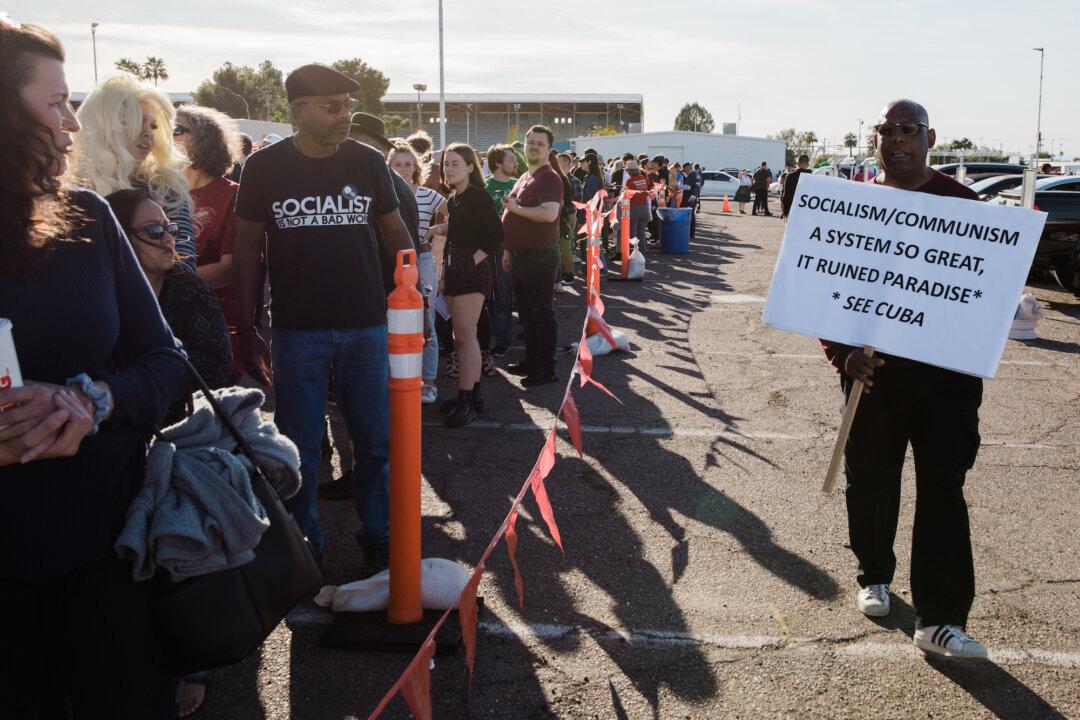If you have a varied social circle, or even just tend to watch the news from rivaling networks, you’ve likely noticed that people on different sides of the political spectrum seem to be speaking almost two different languages. It’s evidence of how much language has been warped by the left with now “anti-racist” trainings that teach racism; a Green New Deal that spells disaster for the environment; diversity and inclusion initiatives that demand homogeneity and conformity; “health care” that ends life with euthanasia or “assisted suicide” and abortion; progressive policies that promise social regression—more and more people aren’t even surprised that this is coming from a movement that violently demands compassion.
But this perversion of language isn’t new. What’s new is that we’re even willing to talk about it, says Mike Shotwell, a historian of Marxism.






